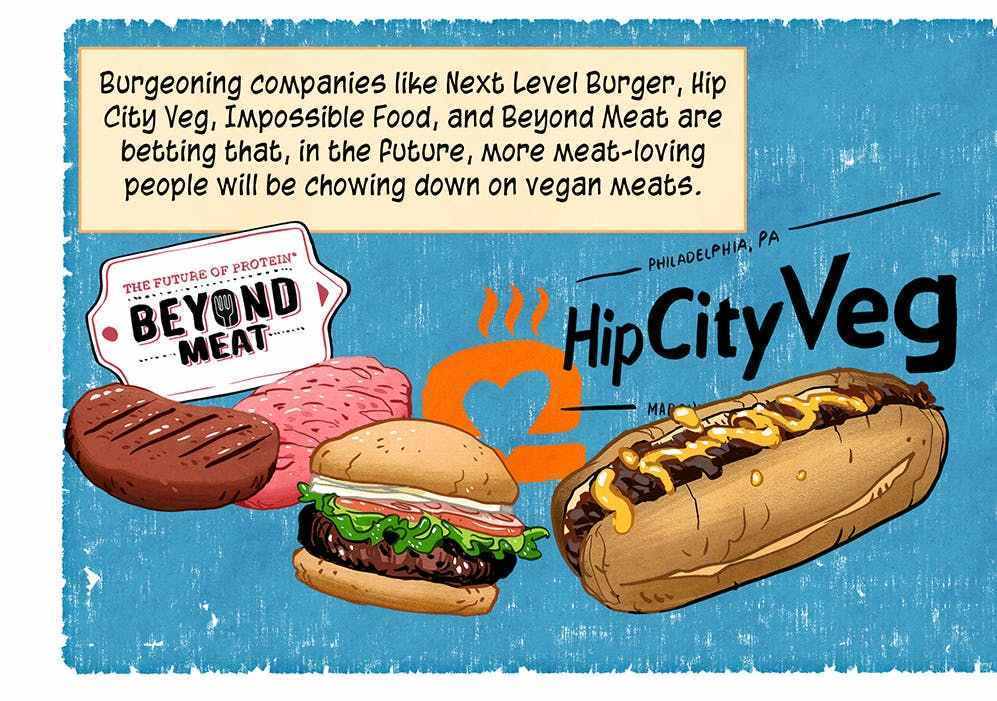A really great article popped up on my feed by David Grimm in Science magazine. He stated that research has been done which shows cows can be potty trained, just like many other animals. My first thought was, of course, “Cool, now I can have a house cow!” but there is a deeper moral implication to this. Industrial farming locks animals up in tiny cages because its easier on the humans to sluice down a waste trough than to clean up after free ranging animals. The dairies that tried to give their cows more freedom had cow droppings every where – inside the barns as well as out in the barn yards. So utilitarian ethics reduced cows to bio-machines that produced milk and dairies became giant warehouses for cows.
The experiment cited said 16 calves were led down a corridor to a specific area technically called the cow commode. Grimm said the use name was the Moo Loo. The calves were given a diuretic so the team could control the visits. As soon as a calf peed, it was given a treat by the researcher. The team reported that 10 of the calves very quickly learned the desired behavior, and looked to the researcher immediately after they peed, some of them mid-stream. This also has the moral implication that cows are aware of their behavior. According to Grimm, the research team said cows have the cognitive ability of at least a human two year old. It took only 10 visits or less for each calf to use the Moo Loo properly.
The environmental impact could be staggering. Cow urine creates ammonia, which can transform into the highly toxic nitrous oxide. Jan Langbein, co-author of the study, said that given that there are hundreds of millions of dairy cows in the world, “studies have shown that capturing 80% of cow urine would lead to a 56% reduction in ammonia emissions.”
So rather than fear mongering about green house emissions and how toxic cows are, maybe we should just use the simple solution and teach them how to use a Moo Loo.




